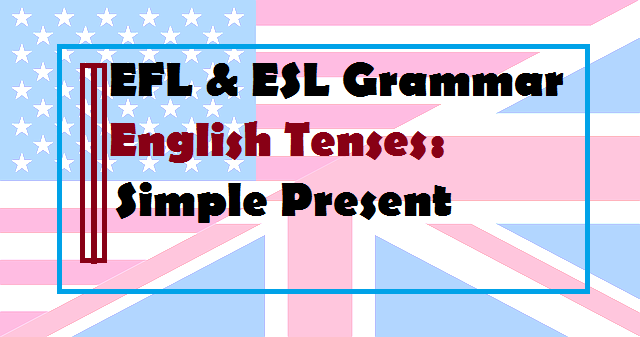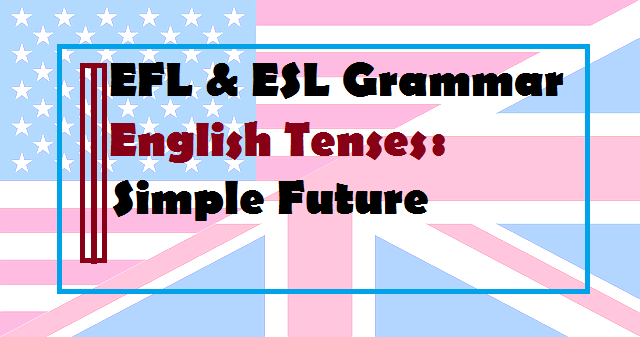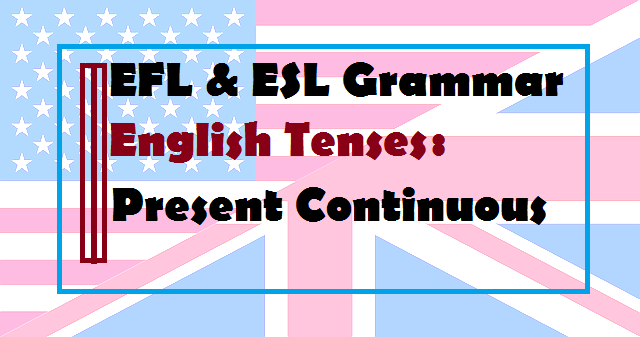EFL/ESL Grammar: English tenses
The use of future perfect tense in English
The Future perfect is used to talk about actions and events that will happen in the future before a certain point of time.

The grammatical structure of future perfect:
| Subject + will have + verb (in the past participle). |
Example: I will have completed my project by the next two weeks.
The use of future perfect: it is used to indicate an action that will be completed in the future before a certain date, an event or a specific time.
The future perfect is used with these time expressions:
- This time next week/Wednesday, year, etc.
- By 2020/2050/ five O’clock/this time evening, etc.
- Before Monday/June/2020, etc.
- In ten years time, in two months time, etc.
Forms of the future perfect tense
The affirmative form of future perfect |
| I will have studied You will have studied He will have studied She will have studied We will have studied You will have studied They will have studied |
The negative form of future perfect |
| I will not have studied You will not have studied He will not have studied She will not have studied We will not have studied You will not have studied They will not have studied |
The interrogative form of future perfect |
| Will I have studied? Will you have studied? Will he have studied? Will she have studied? Will we have studied? Will you have studied? Will they have studied? |
Examples of future perfect
- By 2020, the number of people in the world will have increased
- By the beginning of next September, I will have completed my summer campaign.
- By the next year, she will have got her baccalaureate.
- In ten years, experts will have found cures for many diseases.
Take Quiz
Check your understanding here ...








